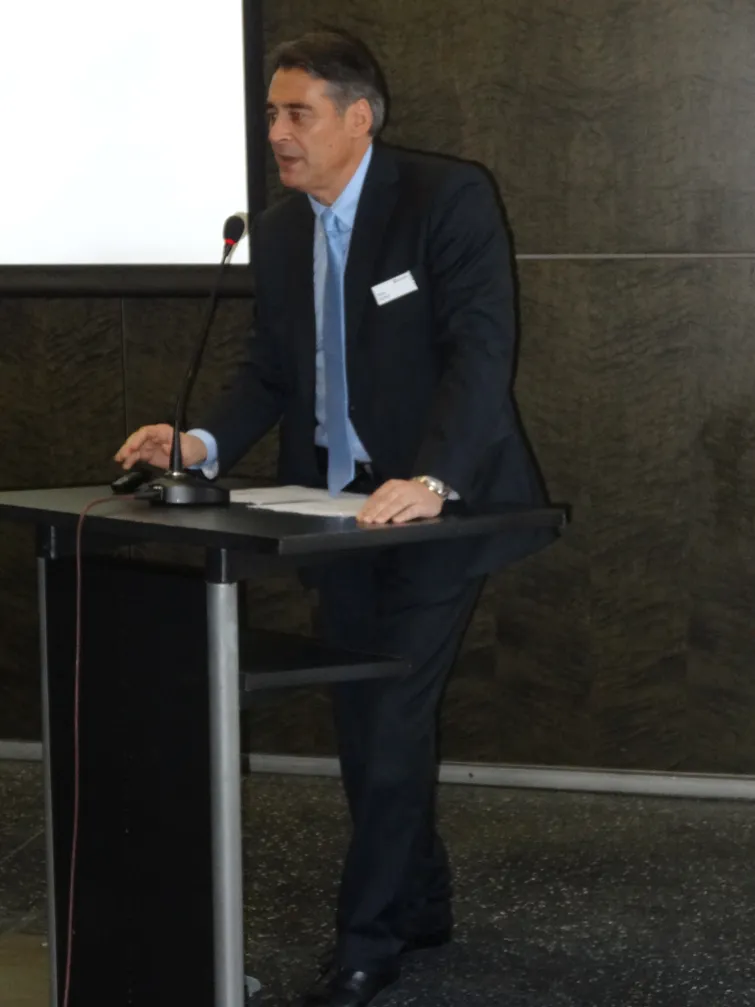Volvo Construction Equipment (Volvo CE) says it is confronting a shortage of technicians in Sub-Saharan Africa with a Sida (Swedish International Development Cooperation Agency) project. The aim is to help support and modernise technical schools in Africa, and Volvo CE will take a hands-on approach with a project at Selam Technical and Vocational College in Addis Ababa, Ethiopia, providing new equipment, training materials, teacher training, ongoing curriculum development and apprenticeship opportunities fo
August 24, 2012
Read time: 2 mins
“This project will increase the number of trained mechanics in our African markets, which benefits Volvo as well as other local OEMs,” says Jonas Rönnebratt, aftermarket director in EMEA South (Africa Lena Ingelstam, head of the Department for Global Cooperation at Sida, says: “A major obstacle to economic development in this region is the availability of skilled labour, especially in technical professions. “We believe that this project can serve as a model for other vocational schools in the country and facilitate the emergence of new enterprises.” The project will train about 30 students a year, and is a first for Volvo CE in Africa but if it works well, the company hopes to expand into other African countries in the future.







